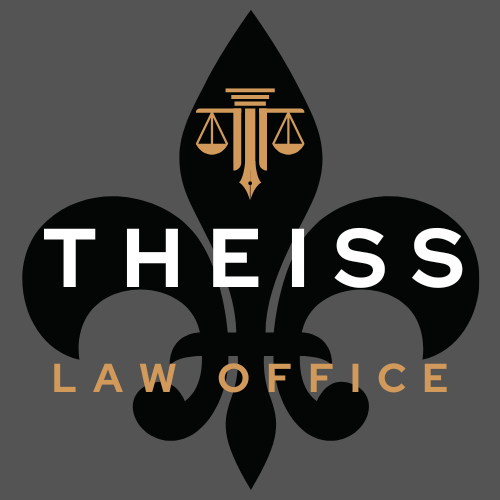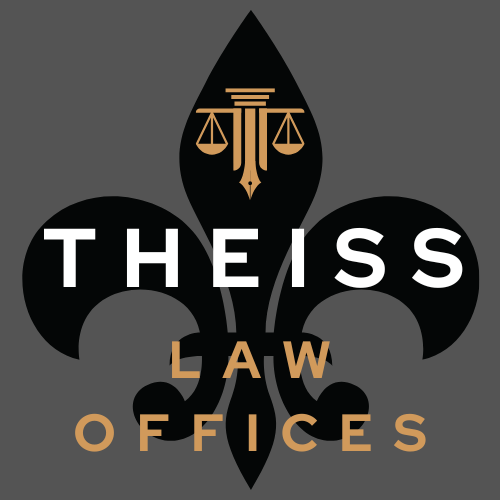Criminal Defense
We take on cases involving the entire spectrum of criminal charges, from felonies to misdemeanors, and traffic violations. We advocate for our clients and pursue legal strategies that aggressively protect their rights and freedoms.
What Does a Criminal Lawyer Do?
Criminal defense lawyers defend individuals and organizations fighting criminal charges. From client strategy sessions to courtrooms, these attorneys spend their days navigating the complex criminal justice system. Criminal attorneys also work to ensure their clients receive fair treatment throughout the legal process.
Evaluating Evidence: The Key to a Solid Defense Strategy
A criminal lawyer must conduct thorough research to provide good legal assistance properly build a client’s case. This process typically starts by evaluating any evidence presented by the prosecution.Normally, that includes police reports, witness statements, and forensic data. The goal is to find potential flaws or inconsistencies in the case against the defendant.
Pertinent statutes, case law, probable cause, and other legal precedents are reviewed as well. When it comes to evaluating evidence, criminal defense attorneys must be thorough. Conducting research can be tedious, requiring attention to detail and a deep understanding of the law’s application to each specific case. Criminal attorneys work to identify procedural errors and violations of their clients' rights; both are powerful components of a defense strategy.
Representing Clients During Trial Proceedings
The defense attorney typically represents a criminal defendant during trial proceedings. At the start of the criminal trial, the lawyer delivers an opening statement to introduce the defendant’s case. As the trial proceeds, the lawyer will present evidence, question experts, cross-examine witnesses, and deliver closing remarks to the judge and/or jury.
A criminal defense lawyer must be able to effectively communicate complex legal concepts. This ability to communicate is essential, not only for working with criminal defendants, but also for presenting a compelling case in the courtroom. Defense lawyers must be able to think on their feet to provide a good legal defense for their clients. Even the best legal strategy may be met with unexpected developments. Attorneys must know how to respond quickly to unforeseen circumstances, so that they can best serve their clients.
Identifying and Questioning Experts to Build a Strong Case
Criminal lawyers may collaborate with other professionals, such as private investigators or expert witnesses, to gather additional proof that may help strengthen a criminal case. Leveraging the expertise of others is key when defending a client and proving a client's innocence beyond a reasonable doubt.


